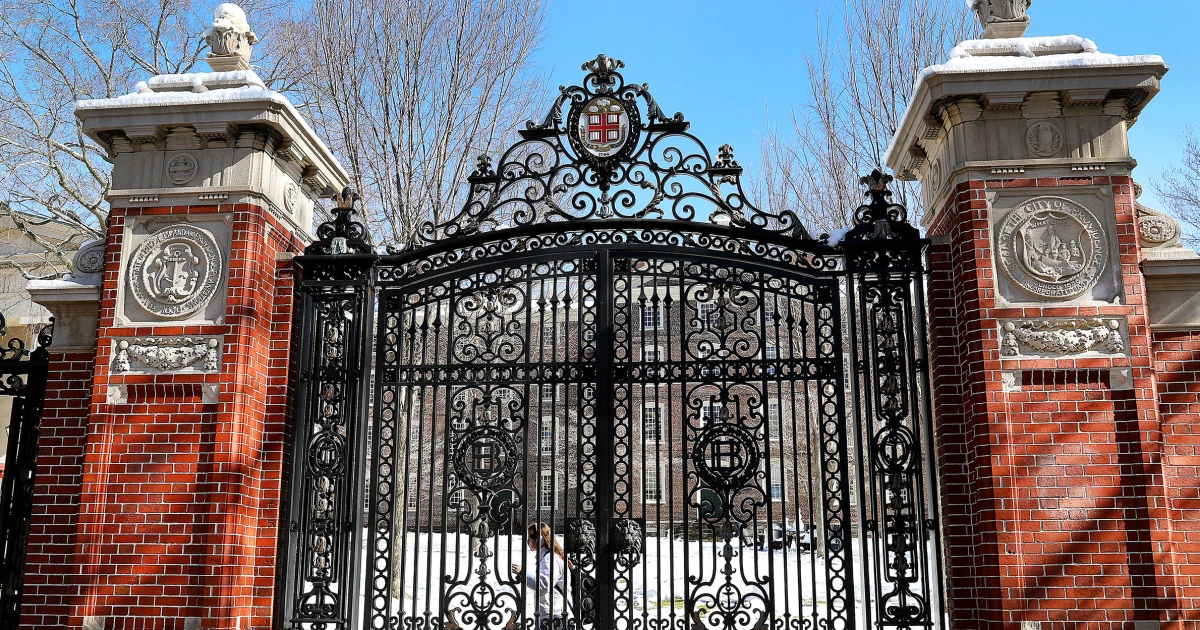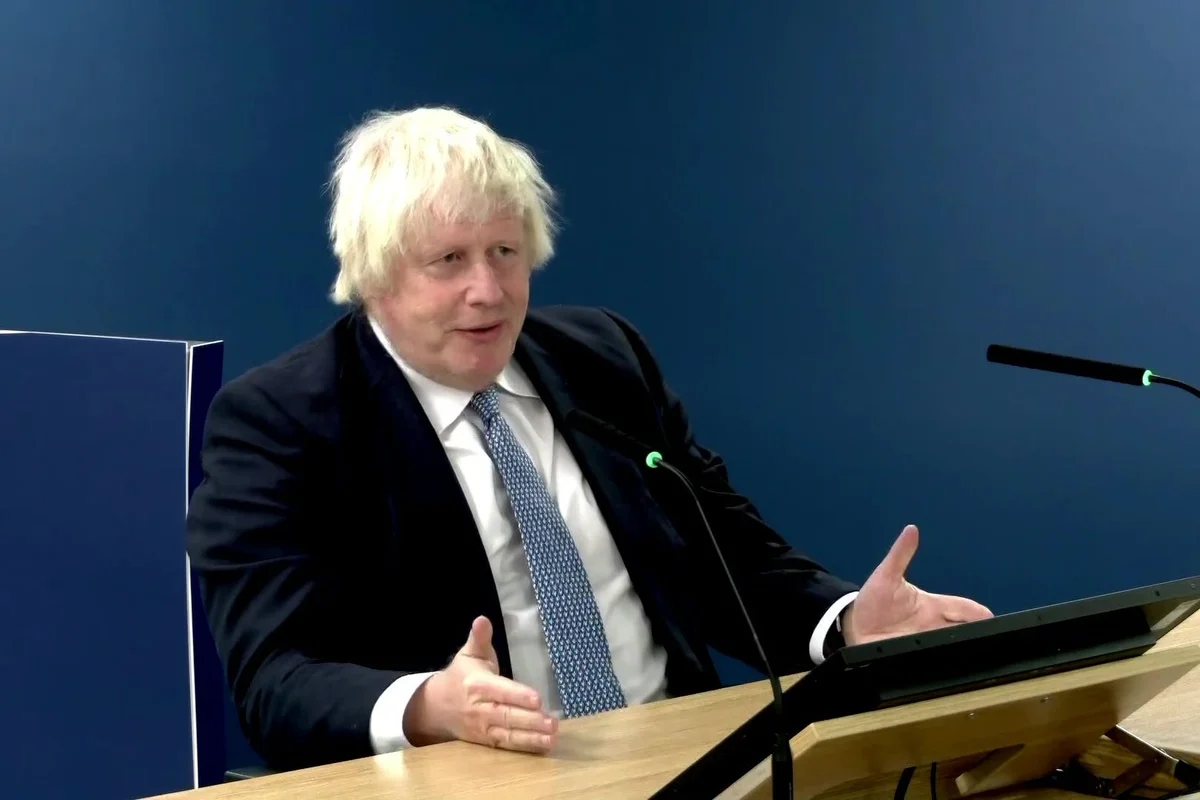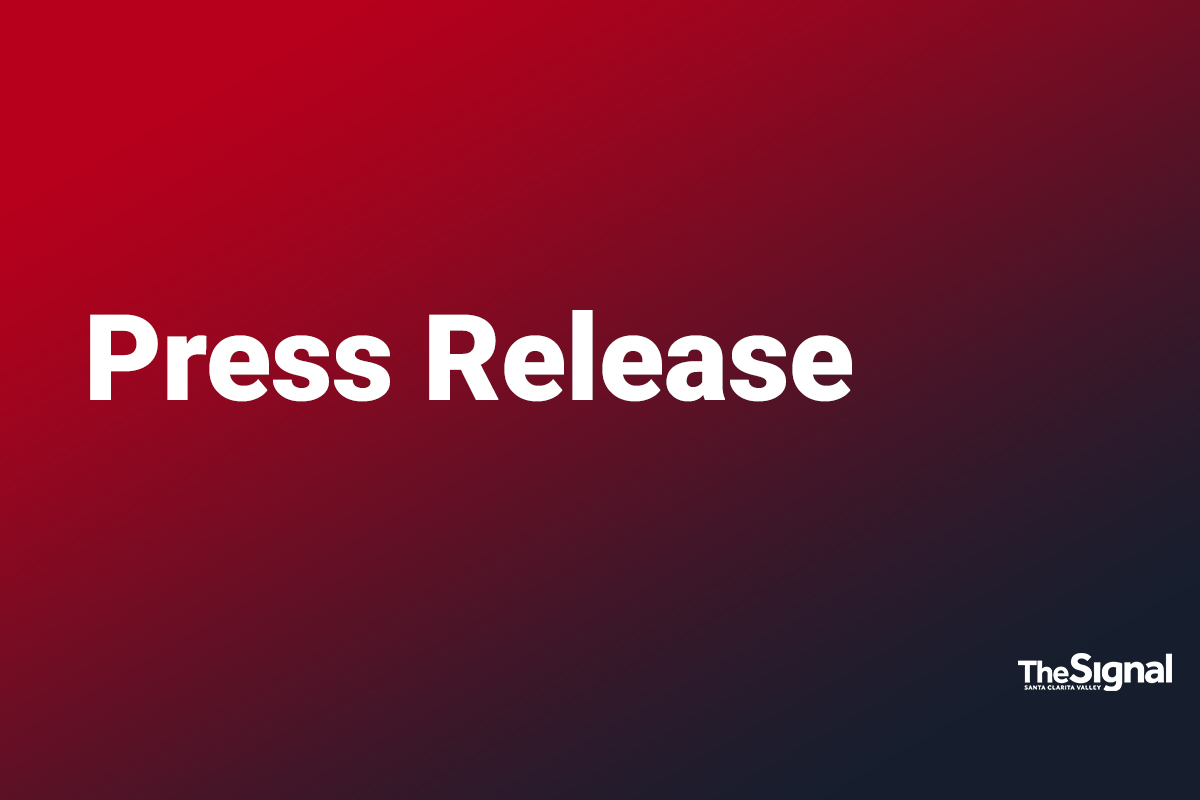Copyright Boulder Daily Camera

By Nathan Havey and Andrea Steffes-Tuttle Community leaders are working to update the Boulder Valley Comprehensive Plan. According to the city’s website, the plan “seeks to protect the natural environment of the Boulder Valley while fostering a livable, vibrant and sustainable community.” That vision resonates. Yet across Boulder, efforts toward this future often feel disconnected. Economic developers focus on attracting jobs. The social sector works to meet human needs. Sustainability teams pursue net zero. The Chamber tackles affordable housing, safety and workforce development. City staff and council balance growth, development, preservation and environmental protection. Important work, but without a shared framework to guide it all. We’d like to suggest one. In her 2007 book, “Doughnut Economics,” economist Kate Raworth challenges the assumption that the default goal of our economy should be endless growth — the familiar chart with a line moving up and to the right. She asks: Under what conditions does economic growth actually help us meet our social and environmental goals? Take one example. Attracting quantum computing firms could bring many high-paying jobs — a win for economic developers. But if those jobs go mostly to Bay Area transplants and the firms are owned by a handful of wealthy investors, the result could be a wider wealth gap, greater housing pressure and limited connection to sustainability goals. On paper, that’s progress. In practice, it may move us in the wrong direction. Raworth proposes a more holistic measure. The goal of an economy, she writes, is to ensure that everyone’s basic needs — housing, education, food, water, energy, transportation and political participation — are met, while staying within ecological limits. The “safe and just space” where those conditions coexist is shaped like a doughnut. An economy that functions within that space performs “inside the doughnut.” Applying the Doughnut framework to Boulder Valley could help align our many efforts — economic, environmental, and social — around shared outcomes. It would show what conditions must be met to attract new businesses responsibly and guide civic and philanthropic investments toward a common vision. Revisiting the quantum example: If a new quantum computing hub also invested in affordable housing, renewable energy, employee ownership and a local training pipeline for underrepresented residents, that would represent genuine progress toward our community goals. This isn’t abstract theory. Cities from Amsterdam to Portland are already using the Doughnut to evaluate their economies and plan for the future. Likewise, companies applying similar “Economics of Mutuality” frameworks find that improving social and environmental performance strengthens long-term financial results. Could Boulder use a Doughnut? We think so. The first step is organizing existing city and community data to draft a Boulder Valley Doughnut. For instance, the Chamber’s annual Economic Forecast could evolve to include social and environmental indicators alongside financial ones. From there, a community-wide process could refine and adopt the model, using it to evaluate future proposals and ensure they move us closer to a livable, equitable and sustainable Boulder Valley. Over the past 50 years, Boulder has built a thriving, world-class community. Our next challenge is ensuring that prosperity endures, environmentally, economically and socially, so everyone can meet their basic needs and flourish for the long term. In honor of the just past Global Doughnut Days (October 14–17), we invite our community to explore how the Boulder Valley Doughnut could guide us toward that future. We encourage all of Boulder Valley to consider the Doughnut and reach out to either of us if it interests you. Nathan Havey is the Writer & Director of the podcast mini-series, “10 Things You Should Know About Stakeholder Capitalism,” and “Beyond Zero,” the feature documentary film on Interface, a global carpet company leading the sustainable business revolution. Email: Nathan.havey@gmail.com. Andrea Steffes-Tuttle is a researcher and writer focused on issues of labor, business and the economy. She serves as a Commissioner on the State of Colorado’s Employee Ownership Commission, advancing policies and practices that expand worker ownership opportunities. Email: anstuttle@gmail.com.



